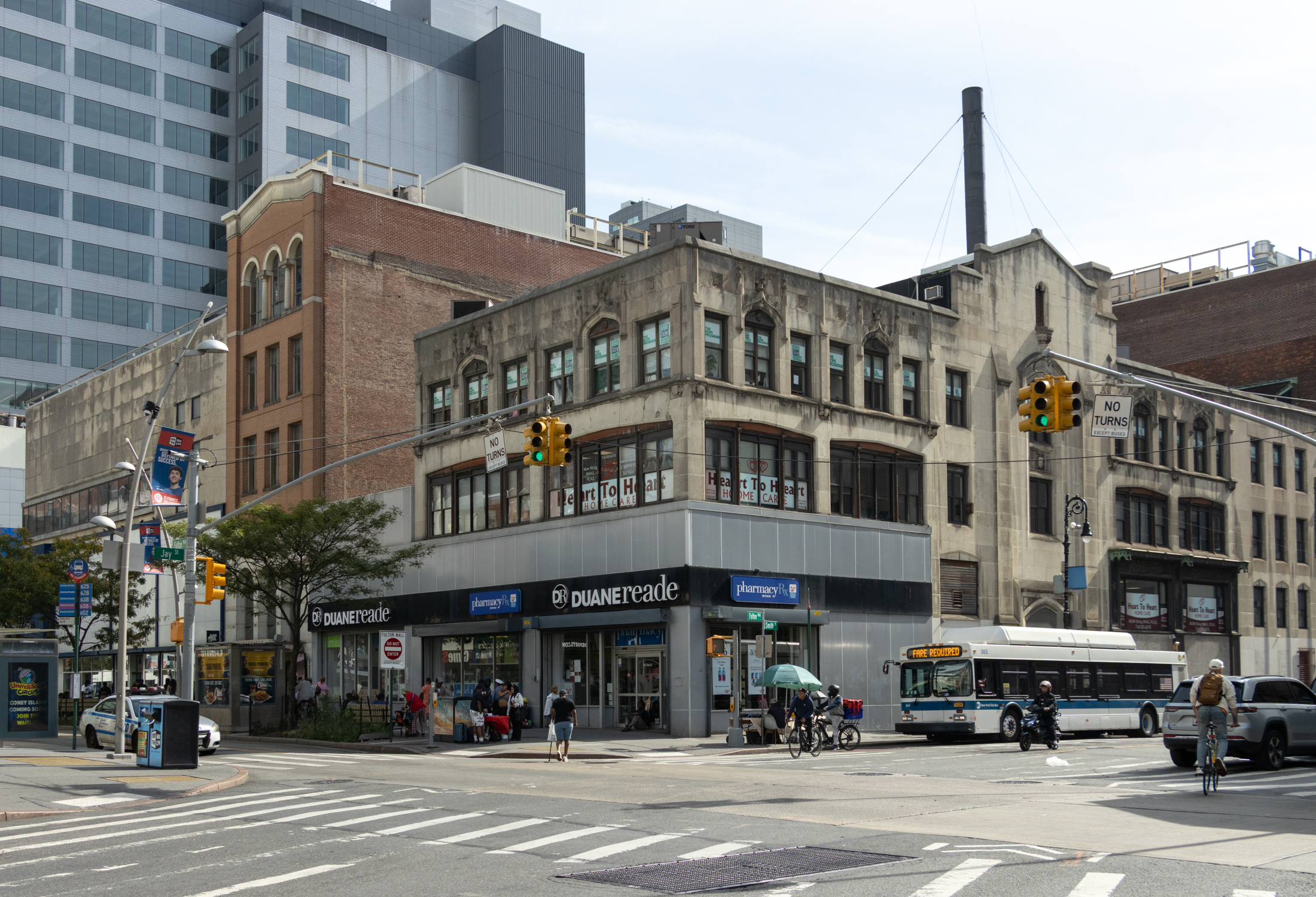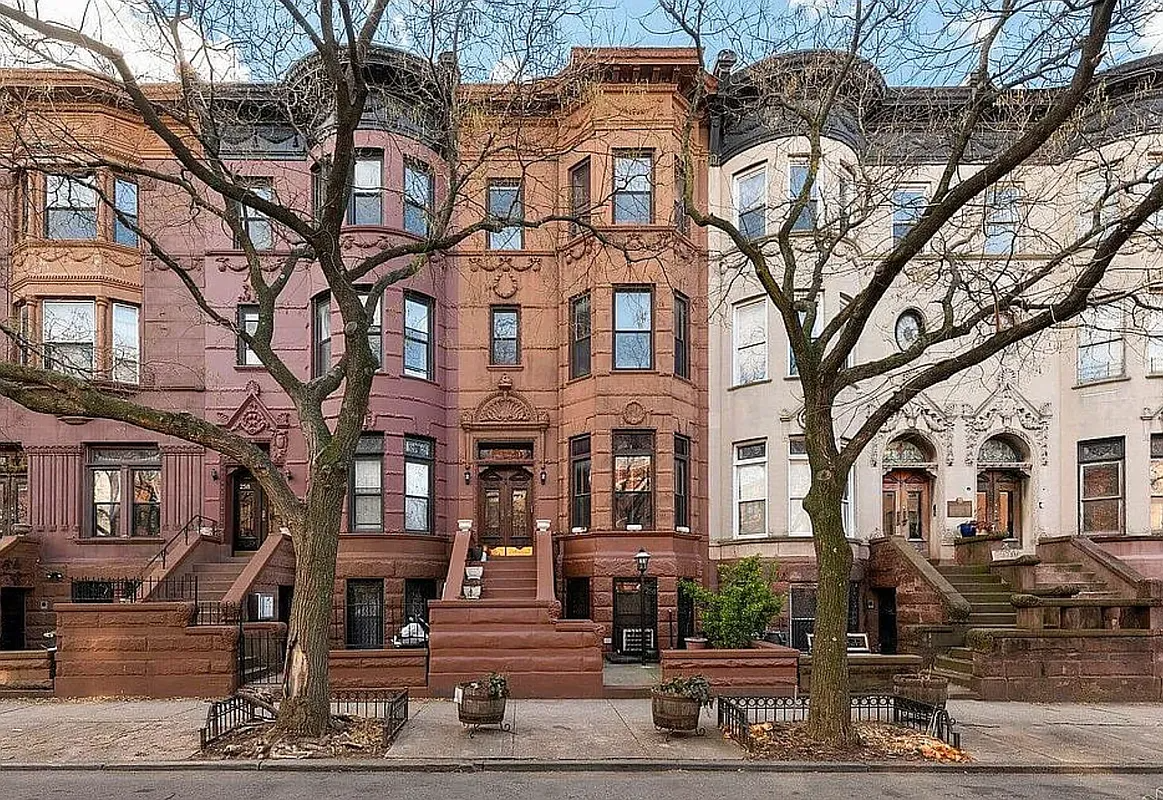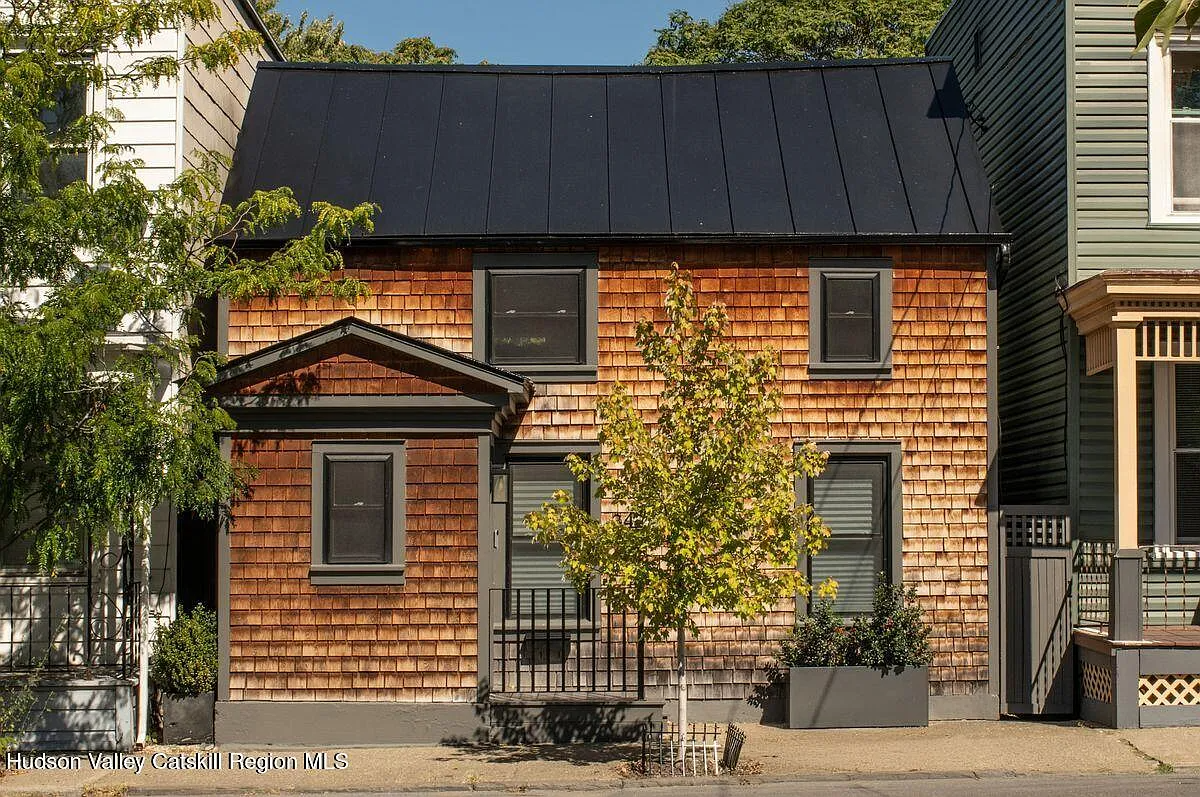To Bail or Not To Bail on Your Home?
If the value of your home is less than the amount of your mortgage does it make sense to keep making your payments or should you just walk away? If you can’t get the bank to reduce the principal of your loan, what should you do? Well, no one can tell you that because every…

 If the value of your home is less than the amount of your mortgage does it make sense to keep making your payments or should you just walk away? If you can’t get the bank to reduce the principal of your loan, what should you do? Well, no one can tell you that because every situation is different, but, as The Times points out this weekend, the penalties for defaulting on your mortgage may not be as onerous as they once were. First of all, more and more banks and saying OK to short sales, in which the owner sells the house for less than the value of the mortgage; secondly, even if you go into foreclosure, the bank is unlikely to chase you down to make up the difference between the sales price and the mortgage amount. If the lender does forgive some piece of your debt, however, some states will still try to treat the forgiven debt as taxable income. Lastly, some legal experts expect that the credit rating agencies won’t hit you as hard for a foreclosure now as they might have in the past. It just seems obvious that a foreclosure in 2008 or 2009 doesn’t have as much information value as a foreclosure five years ago, said legal prof Todd J. Zywicki. Are any readers currently underwater and considering voluntarily bailing on their home?
If the value of your home is less than the amount of your mortgage does it make sense to keep making your payments or should you just walk away? If you can’t get the bank to reduce the principal of your loan, what should you do? Well, no one can tell you that because every situation is different, but, as The Times points out this weekend, the penalties for defaulting on your mortgage may not be as onerous as they once were. First of all, more and more banks and saying OK to short sales, in which the owner sells the house for less than the value of the mortgage; secondly, even if you go into foreclosure, the bank is unlikely to chase you down to make up the difference between the sales price and the mortgage amount. If the lender does forgive some piece of your debt, however, some states will still try to treat the forgiven debt as taxable income. Lastly, some legal experts expect that the credit rating agencies won’t hit you as hard for a foreclosure now as they might have in the past. It just seems obvious that a foreclosure in 2008 or 2009 doesn’t have as much information value as a foreclosure five years ago, said legal prof Todd J. Zywicki. Are any readers currently underwater and considering voluntarily bailing on their home?
Thoughts on Walking Away From Your Home Loan [NY Times]
Photo by Jennscrzy





I agree with DIBS about the credit score. the article brushes it off but I find it hard to believe that there will be no consequences in the future if you default now.
2,5, 10 years, whatever it may be, that you decide you want to own again, I’d think any potential lender would look at your history and be wary of someone who walked away from a mortgage at the first since of fiscal crisis.
No matter what the article says, I don’t accept the notion walking away from a mortgage will no have long term ill effects.
All of you guys are commenting as if the theoretical person is employed and healthy. The person who walks away from their home is unemployed and/or uninsured and can’t make payments on their home and can’t sell it for what they owe.
You know – not everyone losing their home is some sort of greedy a**h**** who bought a house they coulnd’t afford. If you lose your job and your house goes down 50% in value, it doesn’t matter if you put 40% down. And don’t forget – over half of bankruptcies in this country are the result of medical costs after a severe illness/injury.
I’ve said it before. The “value” of your home really means noting until you go to sell it. The day you put it on the market and accept a sales offer is the day you find out it’s true value.
It’s like holding stock. The prices rise and fall but you don’t gain or lose any money until you sell it. That’s when it matters.
The only caveats I can think of is if you’re trying to refinance a mortgage or taking out a loan.
Homes almost always do well long term. Oh yeah, they’re also a good place to call home (lest we forget).
Wrong photo.
***Bid half off peak comps***
None, bxgrl. In addition you’re likely to ruin your credit score despite what the article alludes to.
I guess this is where it really confuses me- if you can afford your payments, even if the value of the haouse has fallen, what advantage is there to walking away from your mortgage?
here’s the listing. it looks like the broker’s website is experienv=cing problems loading the pics though….
http://www.addisonwolfe.com/listing/index.html?id=5339076&next=%2Flistings.html%3Faction%3Dd
I love Bucks County- one of my relatives had a place in New Hope. He bought before it became popular and that was the first place I ever fell in love with.
I agree with Montrose, though. Although to hear talk on b’stoner it sometimes seems no one bought their house as a home, but only as an investment. I think most homeowners will hold on too, and it will be mostly those who no longer can afford it who will bailout, from necessity. It would be shortsighted for anyone to walk away from their home because the value has fallen- the bricks are still the same, the streets, the neighbors, – values rise and fall. Walk away from the house and you lose everything, not just dollar value.
So Is there some big advantage the bank gets if they allow this? Or are they simply bending to the reality?
ditto, sorry for the off-topic, but speaking of stone buildings, did you ever see the gingerbread house in Bay Ridge that we’ve discussed here before?
http://z.about.com/d/brooklyn/1/0/m/1/-/-/DSCF0303.JPG
http://tinyurl.com/dfwvvg